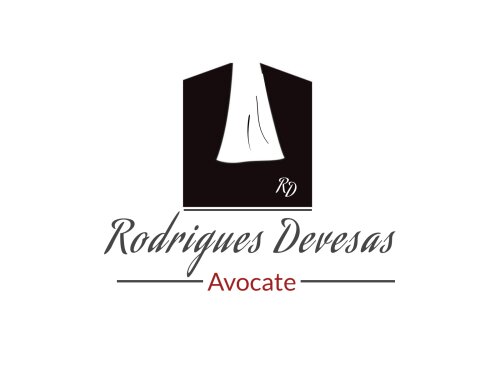Best Arrests & Searches Lawyers in Nantes
Share your needs with us, get contacted by law firms.
Free. Takes 2 min.
List of the best lawyers in Nantes, France
About Arrests & Searches Law in Nantes, France
In Nantes, as in the rest of France, the legal framework governing arrests and searches is primarily derived from the French Code of Criminal Procedure. The laws are designed to balance state authority in maintaining public order and the fundamental rights of individuals. Arrests generally require a warrant unless a crime is being committed or there is immediate suspicion. Searches must also abide by strict legal protocols to protect citizens' privacy and rights.
Why You May Need a Lawyer
Legal counsel is often needed in situations where an individual has been arrested or their property has been searched. The complexity of the legal statutes, potential for misapplication of the law by authorities, or the risk of self-incrimination makes it crucial to have professional assistance. Lawyers can offer guidance on navigating the legal system, protect your rights, and ensure proper legal procedures are followed.
Local Laws Overview
Nantes follows national laws regarding arrests and searches, with some local adaptations to address specific public safety needs. Key aspects include the necessity for a judicial warrant for arrests, the requirement for police to inform individuals of their rights upon arrest, and regulations on the timing and conduct of searches. Violating these laws can lead to penalties for law enforcement officers and may impact the outcomes in court.
Frequently Asked Questions
What rights do I have if I'm arrested in Nantes?
Upon arrest, you have the right to remain silent, right to legal counsel, and you must be informed of these rights. You can also contact a relative or a person of your choice, and request medical assistance if needed.
When can the police conduct a search without a warrant?
Police can conduct a search without a warrant if a crime is actively being committed, if there is a risk of loss of evidence, or if consent is given by the occupant.
What should I do if I'm unjustly searched?
If you believe a search was unjustified, it is important to document the incident if possible, refuse to sign any documents without legal advice, and contact a lawyer as soon as possible to explore your legal options.
How long can I be detained without being charged?
In France, the maximum duration of police custody is usually 24 hours, which can be extended to 48 hours for serious offenses. During this time, you must either be charged or released.
Can the police search my phone?
The police can only search your phone with your explicit consent or a judicial warrant. Without authorization, such a search would be illegal.
What happens if evidence is obtained unlawfully?
Evidence obtained unlawfully may be excluded from trial, and any rights violations during the process could lead to sanctions against the involved officers.
Can I refuse a search?
While you can refuse a search, it might be conducted if the police have legal grounds. Always ask to see a warrant or seek clarification of the officer's legal authority for the search.
What immediate steps should I take if arrested?
Stay calm, ask for a lawyer immediately, do not sign any documents without your lawyer, and try to ensure that your rights are fully respected.
Can a lawyer help with charges following an unlawful arrest?
Yes, a lawyer can assist in contesting any charges that result from an unlawful arrest, potentially leading to their dismissal or reduction.
Can I be searched based on my appearance or behavior?
While police can conduct identification checks, any search based solely on appearance without a reasonable suspicion of illegal activity could be deemed unlawful.
Additional Resources
For further assistance, consider reaching out to the following resources:
- The French National Police for immediate incidents.
- Local law associations in Nantes for reference to legal professionals.
- The Défenseur des Droits (Defender of Rights) for complaints about law enforcement conduct.
Next Steps
If you find yourself needing legal assistance, start by consulting a lawyer specializing in criminal law. Collect all relevant details about your case and any documents related to your arrest or search. It can also be beneficial to seek independent advice from legal aid organizations, which may offer support regardless of your financial situation.
Lawzana helps you find the best lawyers and law firms in Nantes through a curated and pre-screened list of qualified legal professionals. Our platform offers rankings and detailed profiles of attorneys and law firms, allowing you to compare based on practice areas, including Arrests & Searches, experience, and client feedback.
Each profile includes a description of the firm's areas of practice, client reviews, team members and partners, year of establishment, spoken languages, office locations, contact information, social media presence, and any published articles or resources. Most firms on our platform speak English and are experienced in both local and international legal matters.
Get a quote from top-rated law firms in Nantes, France — quickly, securely, and without unnecessary hassle.
Disclaimer:
The information provided on this page is for general informational purposes only and does not constitute legal advice. While we strive to ensure the accuracy and relevance of the content, legal information may change over time, and interpretations of the law can vary. You should always consult with a qualified legal professional for advice specific to your situation.
We disclaim all liability for actions taken or not taken based on the content of this page. If you believe any information is incorrect or outdated, please contact us, and we will review and update it where appropriate.








